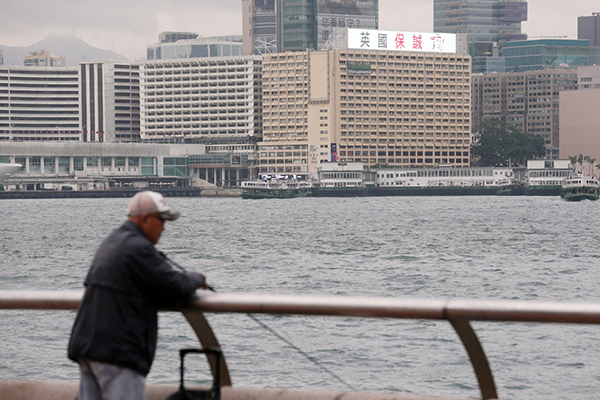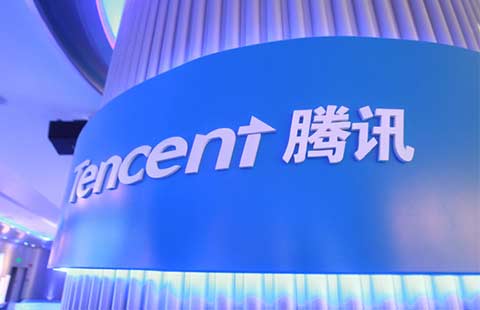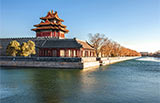HK insurers look for cover after new financial regulations come into force
By Wang Yanfei (China Daily) Updated: 2016-03-22 10:27
 |
|
The Chinese characters for Prudential, a UK insurer, stand atop a building in Hong Kong. [Photo/China Daily] |
Huang said the products offered by companies in Hong Kong are still attractive because they are cheaper, have longer terms and better quality of service.
Disparity of coverage
A comparison between medical insurance products offered by companies in the mainland and Hong Kong shows that mainlanders pay around 50 percent more for the same level of insurance coverage, but mainland policies cover 20 fewer illnesses.
However, that is just one of the reasons why Hong Kong policies are so popular with mainlanders.
"Also, it's more convenient to make a claim (on a policy purchased in Hong Kong) because customers only have to send their documents to us in the mail. They don't have to travel to Hong Kong to answer questions or for examinations," he said.
When Prudential informed Huang about the new payment restrictions, he posted an ad on WeChat, a Chinese instant messaging platform popular in the mainland, along with a note urging customers to buy or update their insurance policies before more restrictions come into effect.
The ad resulted in a 30 percent upsurge in enquiries from potential customers, according to Huang. "That's because the demand is right there-when a local market is unable to fulfill customers' demands, they will naturally turn to another," he said.
Huang drew an analogy between insurance products and infant formula, referring to a safety scandal in the mainland in 2008, when some mainland companies added the industrial chemical Melamine to milk powder products, leading to the deaths of six babies and affected about 50,000 others. Fearing for their children's safety, thousands of mainlanders regularly descend on Hong Kong to buy imported baby powder.
"I have read many stories about how mainland customers 'sweep' the supermarkets in Hong Kong. Although there are restrictions on the amount of milk powder that mainland customers are allowed to carry back each time, the controls haven't dampened people's desire to buy the product."
In the last two years, Huang has noticed an influx of prospective clients from China's inland cities, rather than the traditional coastal settlements close to Hong Kong, such as Guangzhou and Shenzhen, in Guangdong province, and Fuzhou in Fujian province.
Zhang Min, 28, from Chongqing in southwest China, has two young daughters. She bought insurance products for her family last year after hearing about them when she had her second child in a Hong Kong hospital. Several of her fellow patients mentioned that they had bought insurance locally, and urged her to follow suit.
Before she decided to make a purchase, Zhang carried out a lot of research and contacted agents from three different companies.
"Frankly speaking, I think the products offered by Hong Kong companies have great advantages, because the city has more than 170 years of history in the insurance industry, and it's a highly competitive market. I had a good experience buying insurance there," she said.
- Chinese vice premier stresses structural reform to boost economic growth
- China, Nepal sign MOU to accelerate FTA establishment
- China clarifies new five-year plan at key forum
- BMW to recall 6,109 vehicles in China
- Chinese premier stresses agricultural development
- China Railway eyes regional market with $2b investment in Malaysia
- Boao Forum helps Australia make vital connections with Asia: Australian minister
- Apple extends product lineup with smaller smartphone, tablet
















